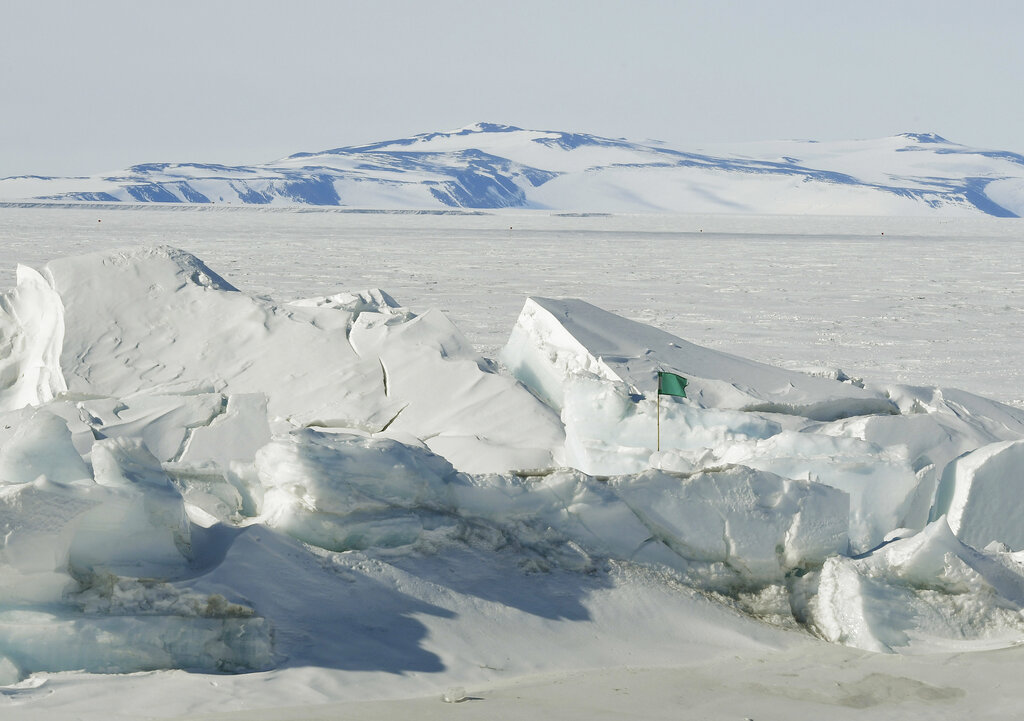
WELLINGTON - A team consisting of 38 international scientists and crew set sail on Tuesday from Wellington, capital of New Zealand, for Antarctica to venture further south than ever before.
The multidisciplinary team on board the research vessel RV Tangaroa of New Zealand's National Institute of Water and Atmospheric Research (NIWA), which includes participants from Australia, Europe, India and Britain, aims to go as far south as the Ross Ice Shelf, a first for the ship, which has conducted 15 trips to Antarctica over the past decades, before returning to Wellington in late February.
The science carried out on the voyage will help to better understand the impacts of climate change on Antarctica's Ross Sea, and the impacts of a changing Ross Sea on the rest of the globe, said Craig Stevens, co-lead of the expedition which will travel more than 3,500 km south of New Zealand.
ALSO READ: Marine heatwaves disrupt New Zealand's commercial fishing
One of the key aims is to maintain instruments fixed to the seafloor that are monitoring changes in ocean heat, salt and oxygen in the area, Stevens said, adding the expedition is sailing into waters that are feeling the effects on continual record-breaking low sea ice conditions.
The voyage has been designed to quantify critical signals in the rapidly changing polar ocean and components of its unique biodiversity, using ocean-monitoring robots that will be deployed along the route to measure ocean characteristics such as temperature and salinity, said co-voyage lead Denise Fernandez.
READ MORE: Antarctica New Zealand proposes smaller redevelopment of base
This will help fill an observational gap and provide a better picture of the wider changes in the state of the ocean and the marine food web, Fernandez said.
The expedition will explore seafloor habitats and biological communities to provide fundamental data to determine how the changing ocean is impacting marine life, according to NIWA.


